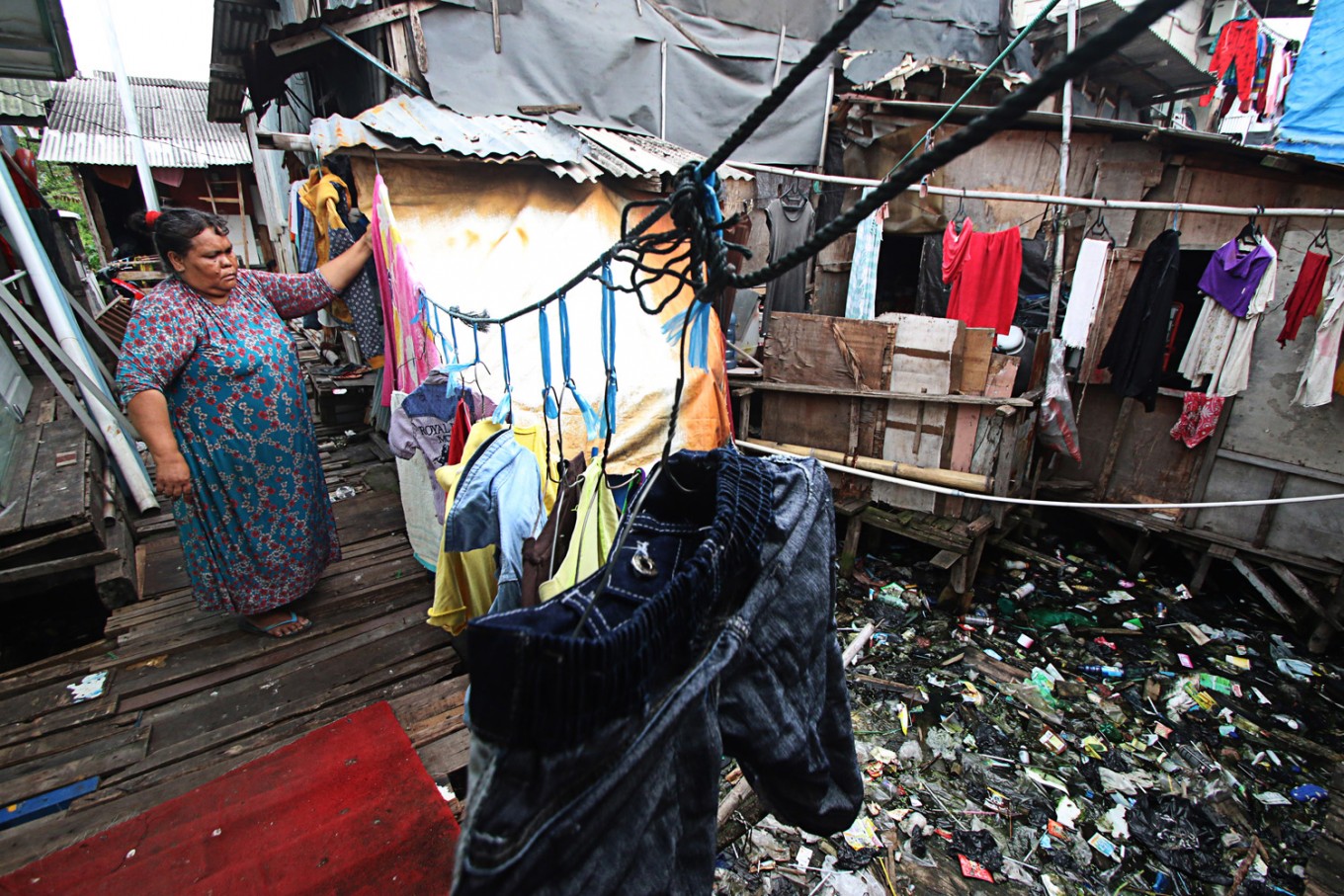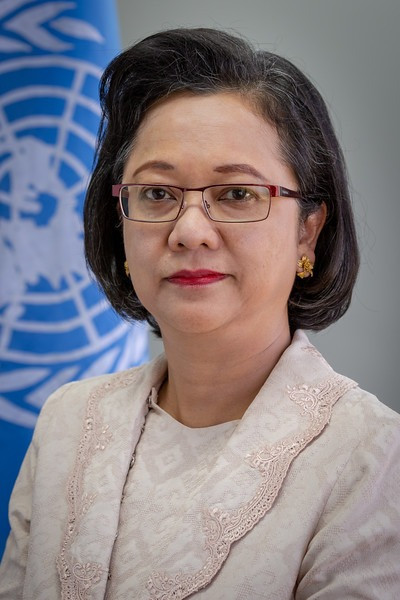Popular Reads
Top Results
Can't find what you're looking for?
View all search resultsPopular Reads
Top Results
Can't find what you're looking for?
View all search resultsDiscourse: Take preventive measures in COVID-19 fight: UN official
Strong preventive measures are needed in the fight against COVID-19, said Armida S. Alisjahbana, executive secretary of the United Nations Economic and Social Commission for Asia and the Pacific, in a recent phone interview with The Jakarta Post.
Change text size
Gift Premium Articles
to Anyone
T
he United Nations Economic and Social Commission for Asia and the Pacific (UNESCAP) has published its progress report on the Sustainable Development Goals (SDG), concluding that the Asia-Pacific region is underperforming and on track to miss most if not all of the goals by 2030. The Jakarta Post’s Dian Septiari spoke with Armida S. Alisjahbana, the executive secretary of UNESCAP, about the report’s findings and how the COVID-19 pandemic has affected progress. The following are excerpts from the interview:
Question: Data from the SDG progress report shows that the Asia-Pacific is not on track to achieve any of the 17 goals, with researchers pointing to the importance of accelerated action. Where should we start?
Answer: The report presents the overall picture for the region, where even though each country has differences in terms of SDG progress, overall it is more or less the same.
I think the highest priority is on how to reverse the negative trends because some are in reverse and [in the] wrong direction, especially on climate change.
And then related to that – the sustainable development and consumption production indicators – [...] they are growing but not in a sustainable manner.
The other [indicator] is about inequality – we have very slow progress there. Although [in] the past few years there has been some progress, disparity between rich and poor continues to grow.
Indicators that relate to the environment, such as natural resources management and climate change, have also shown not so good signs.
Meanwhile, there are several other goals that showed progress but were not fast enough, including poverty, hunger, health, gender issues, clean water and sanitation. All of these are basic services that are improving but still are not adequate enough.
With this level of progress, we will not be able to meet the 2030 target.
Do you think that progress on Goal 3 on health and well-being have been reflected in countries’ responses to the COVID-19 pandemic, especially on targets for universal health coverage, health financing and capacity for managing global health risks?
Indeed, if the healthcare system in a country is already well established, they will be better prepared to face COVID-19. But it’s not a guarantee, especially when we see many European countries and American countries are also overwhelmed, even though they have good healthcare systems. Previously, China was also overwhelmed.
Therefore, the lesson learned is that preventive measures must be strong.
For example, some countries that feel they are overwhelmed have enacted lockdown procedures from the outset, long before the number of cases increased. [This is to] prevent community transmissions, which will be even harder to deal with.
But COVID-19 cannot be seen as a benchmark because it is an extraordinary incident; it isn’t normal. Any country would be overstretched and overwhelmed.
The global economy has come to a screeching halt as countries scramble to contain the spread of the coronavirus. Can we expect further regression in the achievement of the SDGs if recession becomes inevitable?
We hope it doesn't last too long.
Obviously it has a direct impact on poverty goals and other indicators. In the very short term, the most affected groups are the marginal or vulnerable groups who are slightly above the poverty line, whose daily lives depend on irregular income.
Therefore, the first safety net must come from governments including Indonesia, who should provide direct assistance to mitigate impacts in the vulnerable segments of the population.
Armida S. Alisjahbana, executive secretary of the United Nations Economic and Social Commission for Asia and the Pacific (UNESCAP) (Courtesy of/UN Web)
What advice would you give to countries that face these challenges?
This is a difficult one, but clearly we have had many lessons learned.
We have learned to start from preventive measures, such as allocating a large amount of resources for research on our understanding [of the virus], on vaccines and treatments, and how once when this happens we can quickly increase capacity.
For all of this, we need a basic healthcare system in place [that] can be activated immediately when needed. This is a big issue that requires global cooperation, not just one or two countries.
Third, we must also have a system in place to mitigate socioeconomic impacts.
Some countries have good assistance and social safety nets – this includes Indonesia, which has had direct cash assistance [provisions] under then-president Susilo Bambang Yudhoyono and which has now been expanded to other programs such as the Indonesia Smart Card.
Small and medium enterprises and the service and tourism sectors would be the hardest hit and they need special support.











